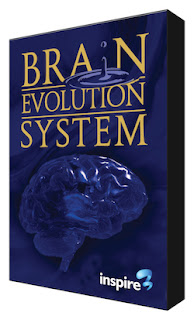In fact, most days it can seem really difficult.
People think it’s easy to sit at home and write. Some even say it’s “Not a proper job.”
But I earn all my income from my writing so it is a proper job.
Not only that, but no one ever sees how much I actually write because not everything gets published, for various reasons, including projects I abandon part-way through and things I delete completely and start from scratch.
And if those two things aren’t soul-destroying enough, there are three other reasons that make it hard.
- It’s a Solitary Job. When I write, even when I collaborate on projects with another writer like The Wealthy Writer and Copyright Infringement, I still work alone. I don’t answer the phone or the door and I can’t sit with anyone else because if they say just one thing to me it breaks my train of thought.
- I Can’t Think of Anything Else. When I’m writing I can’t think of anything else because I have to stay focused on what I’m doing. So when other thoughts jump into my head, “I wonder what the time is? What will I make for dinner? Do the plants need watering? Why did I stay up so late last night? I wish the neighbour’s dog would stop barking,” I have to chase them away.
- It Requires 100% Focus and Concentration. Sometimes I’m completely enthralled in my work and can spend hours in a huge window of inspiration and creativity. Other times I have to force myself to focus on what I’m doing but it’s difficult and the words simply won’t come. But I know that if I keep trying, it will get easier.
And with no one to tell me what to do and no boss standing over me cracking a whip, staying focused and getting work done is twice as hard.
So why do I write for a living if it’s so hard?
Because It’s equally (if not more) a great way to earn money.
Being a writer is just something that I’ve wanted to do all my life so when I decided to make it my career, it didn’t come as a surprise.
I couldn’t imagine not being a writer.
I just couldn’t.
There really is nothing else I want to do.
——————————
Want To Be More Focused?
Want to be more productive, not just with writing but with everything you do?
Download a free demo MP3 of Nitrofocus and listen to it as you work.
It’s so amazing the difference it makes.
You really need to try it for yourself to see what I mean.
Click the image below, download the free Nitrofocus MP3 and start writing as you listen.
It will have you speeding effortlessly through everything you do.


























